Business
Banks, MTN affected as undersea cable damage causes internet outage in Nigeria
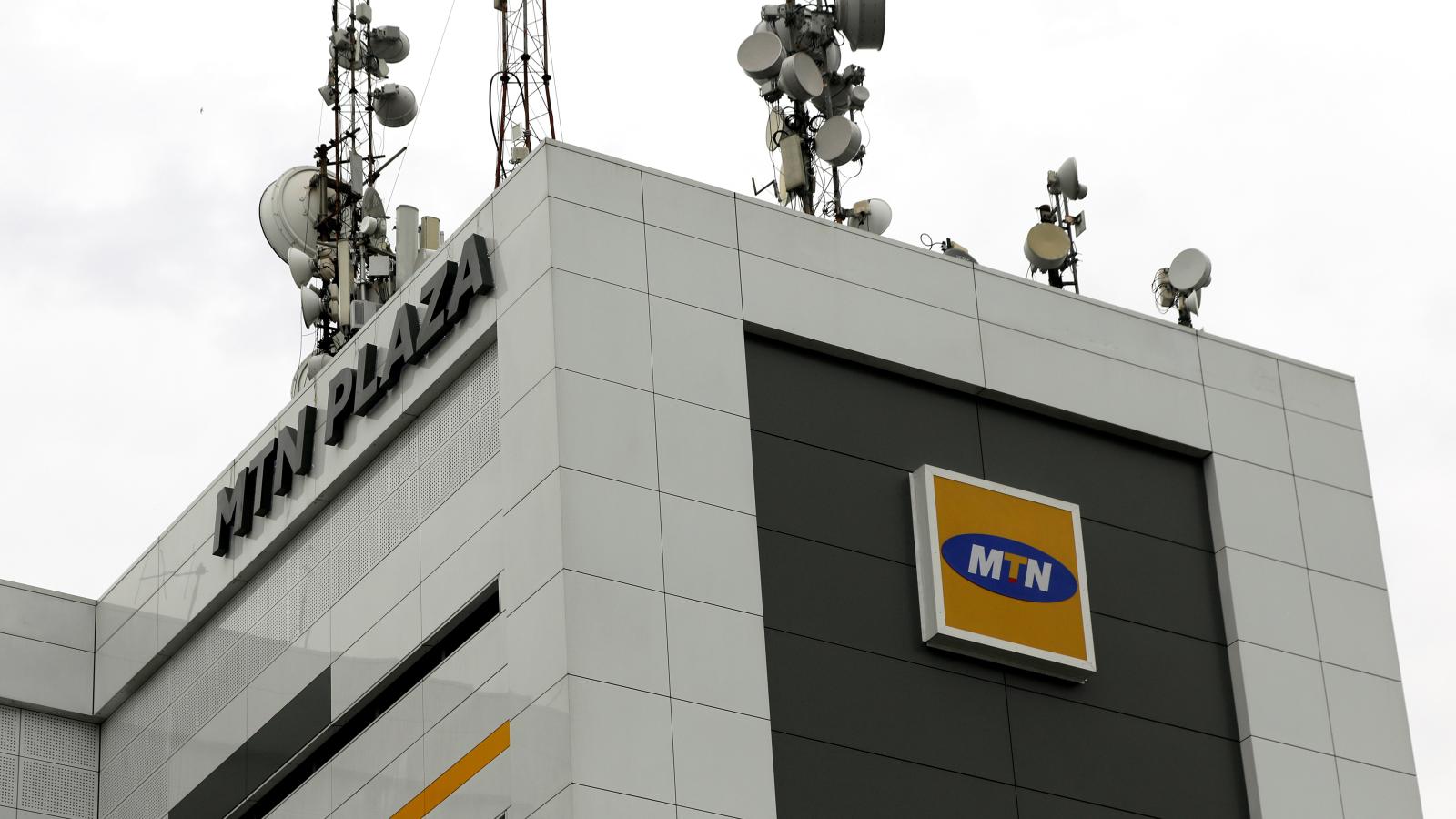
Banks in Nigeria have been affected by a damage to submarine cables, causing internet outages in parts of Africa.
The submarine cable cuts, on Thursday, affected subsea cable providers and disrupted internet traffic in major parts of the continent.
According to reports, the damage affected major undersea cables near Abidjan in Côte d’Ivoire, affecting submarine communications cables, including West Africa Cable System (WACS), the Africa Coast to Europe (ACE), MainOne, and SAT3.
The issue is said to be causing downtime across West and South African countries, affecting telecommunications network as well as banks in Nigeria.
In a notice to customers on Thursday, Sterling Bank apologised to customers over the effect of the network disruption affecting transactions.
“We are aware that you may be experiencing difficulties trying to transfer funds, reach our customer care team, or transact via USSD and genuinely apologize for the effect of this on your day,” Sterling Bank said.
“We are fully committed to providing the best service and are working tirelessly to resolve this issue. You have our promise to notify you as soon as it has been fixed.”
Speaking to newsmen, Rasheed Bolarinwa, president, Association of Corporate and Marketing Communications Professionals of Banks in Nigeria (ACAMB), said the situation impacted connectivity across many banks.
“Yes, it did impact connectivity across substantial number, if not virtually all the Deposit Money Banks in Nigeria as banking operations were substantially affected for most parts of today,” Bolarinwa said.
Bolarinwa said substantial progress is being recorded in gradual resolution of the glitch.
MTN SERVICES AFFECTED BY DAMAGE
MTN Group, Africa’s largest telecommunications provider, also said its services in several West African countries have been disrupted.
In a statement on Thursday, the telco giant said the ongoing disconnection experienced by its customers is due to breaks in multiple major undersea cables.
On February 22, 2024, Bayobab, a pan-African digital connectivity, partnered with MTN Nigeria to land a 45,000km subsea cable in the country.
The cable known as ‘2Africa,’ has its landing station at Mopo-Onibeju Lekki area of Lagos and in Qua Iboe, Akwa Ibom.
2Africa is said to be the longest underwater cable in the world, passing through three continents and 33 countries, several of which are in Africa.
Speaking further, MTN said efforts are being made to resolve the disruption.
“Recognising the critical importance of consistent internet and communication services, we are fully committed to swiftly addressing these disruptions,” MTN said.
“To mitigate the impact on our customers in the affected countries, our operations are actively working to reroute traffic through alternative network paths and engaging with our consortium partners to expedite the repair process for the damaged cables.
“Leveraging our robust and resilient network infrastructure, we aim to minimise service interruptions and maintain connectivity.
“We thank you for your patience and understanding as we work diligently to resolve this situation.”
In another statement, MTN Nigeria said the network disruption is due to damage to international undersea cables across East and West Africa.
Business
Sierra Leone energy minister, Kanja Sesay resigns over electricity crisis
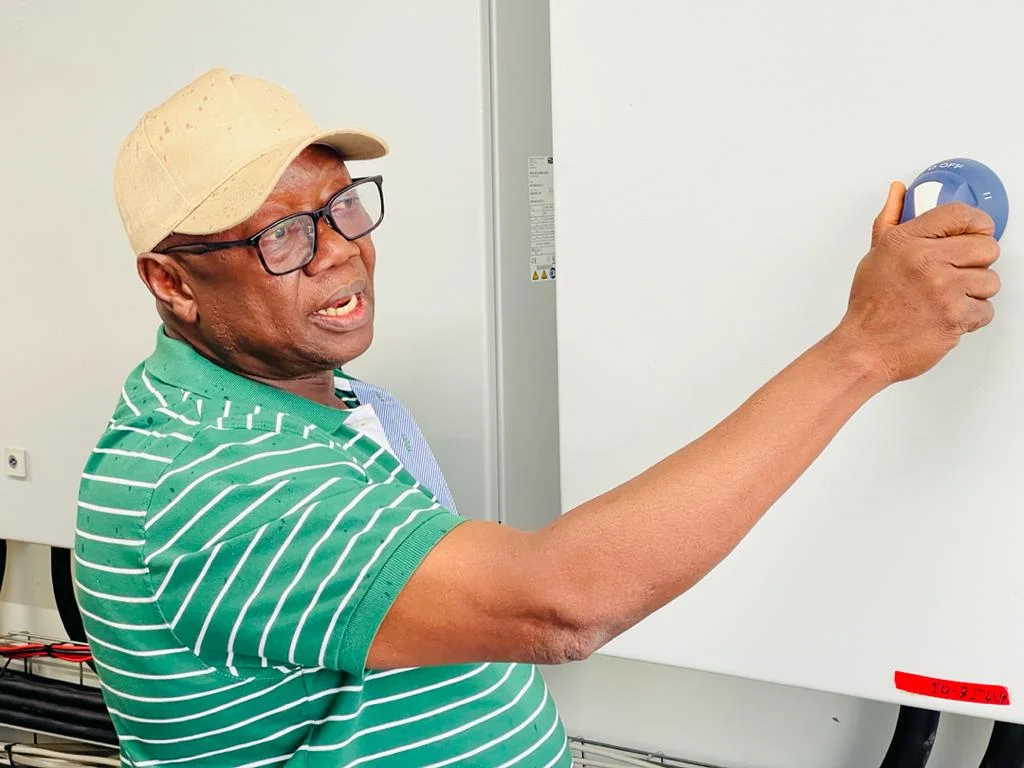
Kanja Sesay, Sierra Leone’s minister of energy, has resigned after weeks of electricity crisis in the West African nation.
According to BBC, in his resignation letter on Friday, Sesay said he took full responsibility for the crisis.
In a statement, the government said the energy ministry has been placed under the direct supervision of President Julius Maada Bio, who will be assisted by two other officials.
Sesay’s resignation came hours after the government paid $18.5 million to two power providers, Turkish Karpowership and Transco-CLSG group.
Sierra Leone owed the two producers $40 million.
After two months of outages, power was restored in Freetown after the payments were announced.
Since mid-April, Freetown and the cities of Bo, Kenema and Koidu have experienced multi-day stretches without electricity.
Karpowership confirmed the payment in a statement.
“We are pleased to confirm that the electricity supply has returned to full capacity in Freetown,” the statement reads.
The company has been supplying electricity to Sierra Leone since 2018 from a floating offshore unit, but it had reduced its capacity from 65 megawatts to just five in recent months due to payment issues.
It had previously cut supplies to Sierra Leone in September over unpaid bills.
In October, it briefly cut power to Guinea-Bissau, saying it had been left with no option “following a protracted period of non-payment”.
Business
Naira depreciates in parallel market, official window

The naira depreciated to N1,320 per dollar at the parallel section of the foreign exchange (FX) market on Friday.
The current FX rate signifies a decline of 1.54 percent from N1,300/$ traded on April 24.
Currency traders, known as bureau de change (BDC) operators, quoted the buying rate at N1,260 and the selling price at N1,320 — leaving a profit margin of N60.
At the official window, the local currency depreciated by 2.24 percent to N1,339.23 against the dollar on Friday, from N1,309.88 on April 25.
According to FMDQ Exchange, a platform that oversees the Nigerian Autonomous Foreign Exchange Market (NAFEM), also known as the official window, during trading hours, a dollar was sold as high as N1,410 and at a low rate of N1,051.
Meanwhile, on April 24, Emeka Obegolu, president, Abuja Chamber of Commerce and Industry (ACCI), asked the federal government to develop policies that will strengthen the naira and foster economic growth in Nigeria.
“We are here to brainstorm innovative strategies for strengthening the naira, assessing progress, identifying challenges, and formulating practical solutions,” Obegolu said.
He pledged that the recommendations from the roundtable will be diligently conveyed to the relevant authorities for implementation.
Business
DSTV price hike: Five alternatives Nigerians are opting for
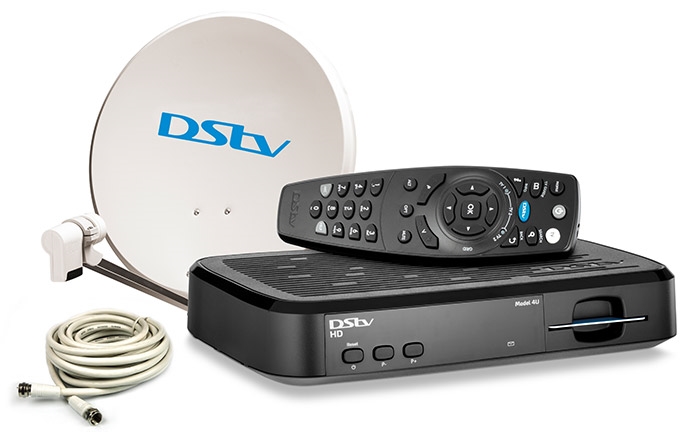
Broadcasting company, Multichoice, on Wednesday, increased the prices of its offerings in Nigeria four months after its last increment.
The company reviewed prices in its packages across the board. The new prices will take effect from May 1, 2024.
With the latest price hike, the DStv Premium package increased from N29,500 to N37,000. Similarly, the DStv Compact+ went up from N19,800 to N25,000 while the Compact package increased from N12,500 to N15,700.
The Comfam package moved from N7,400 to N9,300. Yanga package moved up from 4,200 to N5,100 while Padi package increased from N2,950 to N3,600. HDPVR was increased from N4,000 to N5,000, the Access Fees package from N4,000 to N5,000, and XtraView moved from N4,000 to N5,000.
Meanwhile, the Gotv Supa+ package moved from N12,500 to N15,700, Supa package from N7,600 to N9,600, and Max package from N5,700 to N7,200.
While the Jolli package was increased from N3,950 to N4,850, the Jinja package moved from N2,700 to N3,300, and Smallie package from N1,300 to N1,575.
The upward review of the broadcasting company’s offerings has stirred mixed reactions online, with social media users arguing that the increment was coming at the wrong time.
Reacting to the hike on X, a social media user, Kelvin Odanz, who tweets as @MrOdanz, asked Nigerians to explore other options rather than complain about the increase.
He wrote, “If you can afford stable Internet, there are so many other services you can use aside from DSTV. For football and other entertainment. Because aside football, nothing dey DSTV. Explore these options and stop whining.
“I am not even a fan of DSTV one bit. Aside from football, there’s basically nothing of note there. But this whole outrage over them hiking their price is quite hypocritical. Everyone has hiked the price of their goods/services. Even small businesses. So why shouldn’t DSTV do same?
Sharing his sentiment, @Letter_to_Jack said, “Electricity tariffs increased: Small rage. Cement prices through the roof: Small rage. Diesel to 1700/L at a point: Small rage. Indomie at 13k = small rage. Dstv increases prices: OUTRAGE! At this point, you’d think DSTV/MultiChoice is the only trigger Nigerians have.”
On his part, David Ofor, said while the price increase was understandable, it was important for the broadcasting company to justify it by offering value for the money.
He wrote, “I understand the fact that Multichoice is operating in a free market economy, and Govt has limited control mechanism in such. What people are complaining about is not primarily the price hike, but, the static content being provided, DSTV and GoTV have not improved on their services despite the plethora of increments over the years.
“They should justify the payments made, more so, why are they increasing now that Diesel prices are coming down and Naira is strengthening?”
While the debate continues, we look at other alternatives Nigerians can consider for their pleasure.
DSTV — Despite the mixed reactions that greeted the increase, many Nigerians will continue with the broadcasting company. With several increments, Multichoice still boasts customers’ loyalty among other alternatives offering the same services.
Many households prefer DStv and GOtv as their source of entertainment. This may not be unconnected to the company’s premium in international sports broadcasting, particularly European leagues and UEFA Champions League.
When contacted on Friday, the spokesperson for Multichoice Nigeria, Caroline Oghuma, said despite the hike, subscribers can still enjoy their current price for the next year with a “Price Lock” incentive.
“With Price Lock, you can continue to pay your current subscription for up to a year, if you pay before your due date, each month,” Oghuma told our correspondent.
Star Times — The company, a major player in the Asian country’s Pay-TV market, has a considerable market share in some African countries, including Nigeria and Kenya.
Startimes has channels that include news, music, movies, and football channels, including exclusive rights to some football content.
-
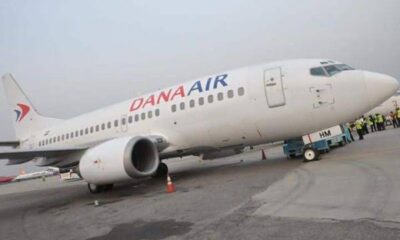
 News3 days ago
News3 days agoFAAN reopens Lagos airport runway after Dana Air incident
-
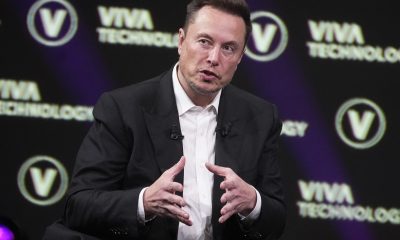
 Business1 week ago
Business1 week agoElon Musk threatens to suspend X accounts doing engagement farming
-

 Celebrities1 week ago
Celebrities1 week agoNickie Dabarbie calls out Skiibii for attempting to use her for money rituals (Video)
-

 Entertainment1 week ago
Entertainment1 week agoSkiibii’s ex-lover DJ Dorcas Fapson reacts after Nickie DaBarbie accused singer of engaging in money rituals
-

 Celebrities1 week ago
Celebrities1 week agoRihanna seeks Ayra Starr collaboration — after working with Tems
-
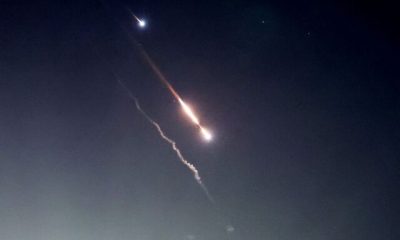
 World1 week ago
World1 week agoIsrael launches counterattack on Iran
-
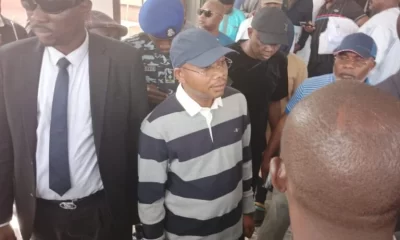
 Politics1 week ago
Politics1 week ago‘You’re not following procedure’ — Drama as Ondo guber hopeful confronts Ododo over APC primary
-

 Sports1 week ago
Sports1 week agoJuventus ordered to pay Ronaldo €9.7m unpaid salaries


















